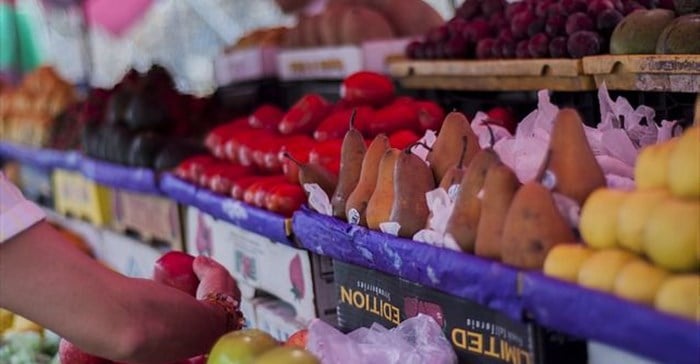Transformation is a key focus of our industry agenda and it aligns with the theme of inclusivity that currently permeates the global narrative. But we need to get past the futile debate as to whether transformation is a key performance area (KPA) for government, the industry or both. It's a collective responsibility.
The three prongs of SA’s fruit industry agenda – strengthening ties with the government, market access and driving transformation – are mutually inclusive.
Partnering with government
Our export-oriented industry relies on the clout of government to facilitate favourable trade agreements with international counterparts. This requires understanding on the part of the government of the dynamics pertaining to, firstly the local landscape, as well the relevant international markets to be able to identify synergies and negotiation levers.
Our growing fruit production can then be absorbed into those markets, enabling us to continue the supply of the nearly 400 000 jobs (and to create even more). With the resultant growing revenue, the industry is then able to drive transformation – again, only with the support emanating from strong ties with the government.
Getting on with it
Our fruit industry boasts a myriad of success stories, where black farmers have been successfully integrated into the value chain; established commercial growers have ‘incubated’ emerging black farmers; substantial investments have been made into disadvantaged workers’ development, as well as their children’s education; and jobs have been created for talented individuals who started out as general workers and have progressed to now managing teams.
The unsung champions behind these advancements simply get on with it – quietly –, without engaging the futile debate of whose responsibility it actually is.
But a lot still remains to be done.
Barriers to entry
Entry into the agricultural sector – and, therefore also the fruit industry – is characterised by prohibitive capital and technological requirements. Emerging black farmers’ difficulties around securing funds is a major Achilles heel in the transformation journey.
This is where we need a strong partnership with the government. On their part, the government needs the critical tools of certainty in the policy environment, robust institutions, and overall enhanced state capacity in order to effectively address and harness potential economic drivers like transformation.
Digital transformation
As for digital transformation, our industry has shown great initiative in getting onboard the digital economy, to enhance efficiencies and to create jobs. This economy remains largely untapped in terms of SA. In our industry, it has the potential to introduce new markets, encourage entrepreneurship (especially for the youth), and recruit more women (an important aspect of our transformation focus).
In fact, the latest version of the industry’s transformation strategy lays stark emphasis on the inclusion of black women as part of the overall transformation goal. By 2028, black women, youth and people with disabilities need to be increasingly participating and having ownership in fruit production and across the industry value chain. The industry is also developing targeted programmes to facilitate this process.
Having a common understanding of what transformation actually means for the fruit industry is a critical point of departure. From there - like with any goal - it’s important that our transformation vision is shared, our objectives are aligned and our roles are defined to be able to arrive at the desired outcomes.
The measured acceleration of the pace of our transformation holds great potential for our overall goal of inclusive growth, but we need all hands on deck to succeed.



































